Probate and Estate Administration
Home » What We Offer » Probate and Estate Administration
What We Offer
Probate and Estate Administration
The executors of an estate might find the responsibilities of their duties a little overwhelming, either because they are deeply affected by the bereavement or where the estate is particularly complex.
Or it may be that the named executors are no longer alive, or otherwise unable to carry out the role, for example due to illness.
In these circumstances it is comforting to know that the job of estate administration can be handled by a professional firm if required.
At Kingsman Associates, we can offer a service that identifies your assets and liabilities, submits inheritance tax forms to HMRC, and deals with the various official channels involved in registering a death.
On receiving the grant of probate, we can then distribute the remainder of the estate to the beneficiaries.
The role of an executor is likely to be unfamiliar to most people, which is why a friendly professional service can be enormously reassuring at the relevant time.


TESTIMONIAL
Very professional, very helpful and explained everything so well! Nothing was to much trouble and nothing was ever forced pleasure to have gone with Protego for mine and my wife’s Wills.
Rhys Taylor.
Probate and Estate Administration
Frequently Asked Questions.
Deciding and documenting how you would like your assets to be distributed can be encompassed by the broader term “estate planning“. An estate plan covers all aspects of the administration of your estate and associated matters. Whilst this is not a nice topic to think about, creating a plan is vital to ensure that your wishes are honoured and to prevent disagreements between your relatives. Making a will, valuing your estate, planning who will take over your business (if you own one) and creating a lasting power of attorney are all important parts of your estate plan. If executed correctly, you can rest assured that all your wishes will be respected.
Inheritance tax is calculated based on the value of the estate - the property, money and possessions - of a person who has died. There is very often no inheritance tax to pay if:
• The value of your estate is below the £325,000 threshold • You leave all your assets to a spouse or civil partner, a charity or a community amateur sports club
Your estate includes everything you own in terms of money, property and possessions, eg cash, shares, real estate and cars. Anything you owe, eg on a credit card, must come out of your estate when you pass.
This will usually be a surviving family member or close friend and is normally named in your will as an ‘executor’. If there is no will, the person who handles your estate will be appointed by the court (called an ‘administrator’).





